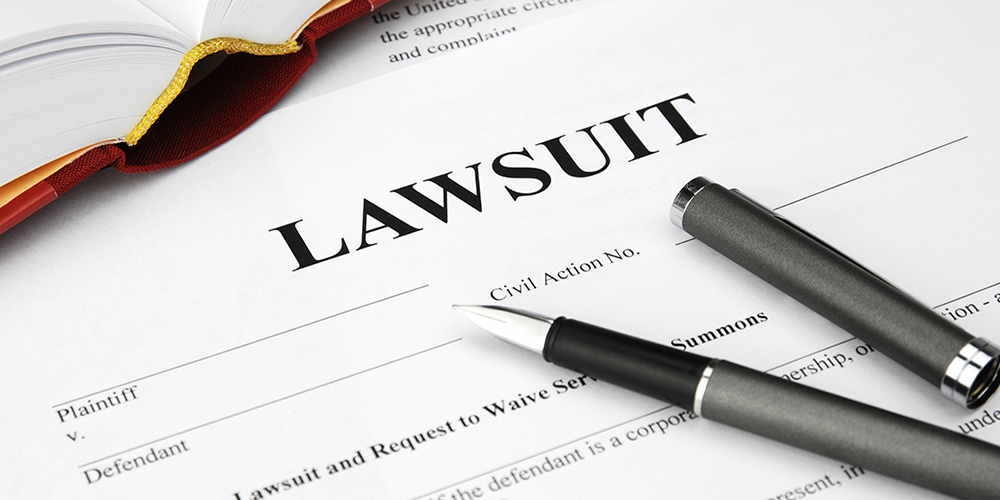More than a dozen state attorneys general have filed a lawsuit against U.S. Secretary of Education Betsy DeVos and the U.S. Department of Education in an attempt to block the department’s final Title IX regulations.
According to the lawsuit, if the regulations take effect, they will “reverse decades of effort to end the corrosive effects of sexual harassment on equal access to education” and will require institutions to “completely overhaul” their current systems for addressing sexual misconduct in less than three months — all while dealing with the coronavirus pandemic, reports Inside Higher Ed.
“Title IX’s mandate is simple: Our schools must give women and men equal access to education, which means no one should experience sexual harassment,” Pennsylvania Attorney General Josh Shapiro said in a statement. “But instead of making it easier for students to report, and for schools to respond, to sexual harassment, Secretary DeVos has unlawfully narrowed Title IX’s reach.”
DeVos said the new regulations, announced by the department in May and set to take effect Aug. 14, are meant to protect the victims of sexual misconduct while also establishing fairer procedures for the accused. Under the new rule, the single-investigator model will be banned and the final decision maker must be a different person than the investigator.
The new regulations also require colleges to provide a live hearing and allow student advisers to cross-examine parties and witnesses involved. According to a summary of major provisions from the department, statements made by parties that are not cross-examined cannot be relied on to determine guilt. This part of the regulations has received significant criticism from advocates for sexual assault survivors who say live questioning could re-traumatize victims and prevent victims from coming forward.
The complaint asserts that the new rule conflicts with federal and state statutes and Supreme Court precedent and that it creates a set of “one-size-fits-all formal procedures” that do not allow for institutions to fairly judge a complaint. The attorneys general also state the rule will chill the reporting of sexual harassment due to extensive and unnecessary new procedural requirements, according to Education Dive.
“According to the federal government’s own data, sexual harassment against students remains pervasive and mostly unreported,” reads the lawsuit. “With the Department’s final Rule, sexual harassment will not become less common — but it will, as the Department acknowledges in the Rule, become even less regularly reported and remedied.”
Attorney Andrew Miltenberg, who has defended hundreds of students accused of sexual misconduct, said in a statement that it’s unfortunate that the attorneys general are trying to block “the ability for all students to have due process rights in Title IX hearings.”
“While not perfect, the new proposed federal guidelines go a long way to ensure a full and objective investigative process and a fair, impartial hearing process in which the accused has a full opportunity to be heard and to question his or her accuser, the evidence and statements by witnesses, as well as an objective, independent appeals process,” he wrote.
The lawsuit has been filed on behalf of attorneys general from California, Colorado, Delaware, the District of Columbia, Illinois, Massachusetts, Michigan, Minnesota, New Jersey, New Mexico, North Carolina, Oregon, Pennsylvania, Rhode Island, Vermont, Virginia, Washington and Wisconsin.













